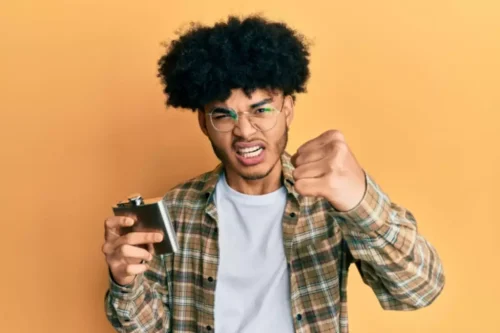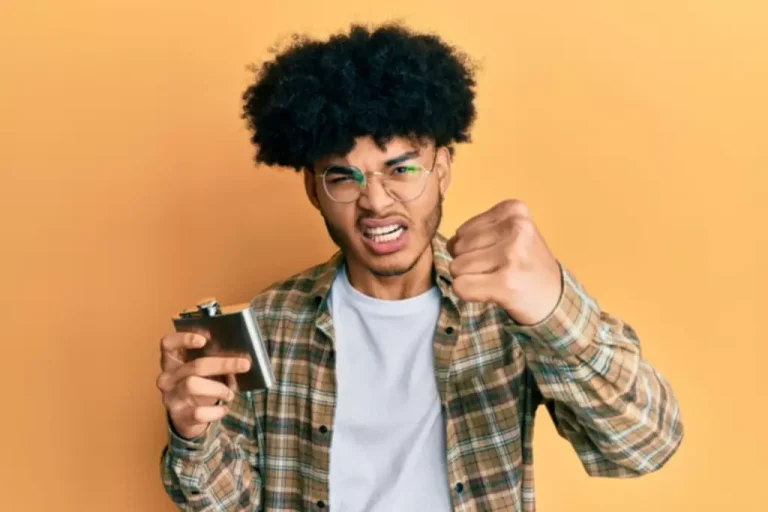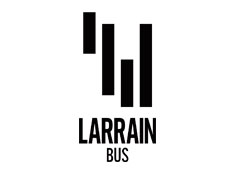
Alcohol also increases dopamine release, creating pleasurable feelings that reinforce drinking behavior. Generalized anxiety disorder involves chronic, exaggerated worry about everyday life. Social anxiety disorder causes intense fear of social situations. Panic attacks are sudden episodes of intense fear that trigger severe physical reactions. Common symptoms include rapid heartbeat, sweating, trembling, and a sense of impending doom. Hangover anxiety can also arise as the brain adjusts to the mental effects of alcohol.
- They can be frightening, but they’re not dangerous and shouldn’t harm you.
- A balanced diet helps regulate mood and anxiety levels when consuming alcohol.
- Alcohol has a profound effect on the brain, which could explain these results.
- Eating a balanced diet, particularly with “super foods” that support mental health, is highly beneficial for easing stress and improving mood.
- Fortunately, there are steps you can take to overcome and prevent this scenario.
Associations Between Alcohol and Panic Attacks
Continue reading to learn about alcohol and anxiety, their interplay for health implications, and recovery treatment. A high quality treatment center will offer medically-supervised detox as well as multiple long-term treatment options. If you have symptoms of anxiety and use alcohol to cope in social situations, you are not alone. Alcohol causes reduced levels, so there’s no natural block to excessive brain activity when you stop drinking. Without the elevated levels of dopamine, you’re more likely to experience severe anxiety and depression. The result is dampened brain activity, which can give you short-term relief from the symptoms of your mental illness.
- Alcohol disrupts serotonin levels and brain chemicals, often leading to anxiety, jitteriness, or even panic the day after drinking.
- If this is a recurring issue, consider moderating alcohol intake and seeking professional support.
- This seizure-like episode is triggered by psychological distress rather than abnormal brain activity.
- Alcohol is believed to mimic this effect by also binding to GABA receptors.
- It is not recommended to use alcohol as a coping mechanism to avoid panic attacks and feelings of anxiety, as this can make the initial problem worse in the long term.
- If you experience a panic attack, even one not induced by alcohol, first focus on taking deep, slow breaths.
The Link Between Alcohol and Panic Attacks
However, their use is carefully monitored due to potential for abuse and interaction with alcohol. Establishing a regular sleep schedule and creating a relaxing bedtime routine can significantly impact anxiety levels. Alcoholics Anonymous and other 12-step programs can be beneficial for some individuals. Excessive caffeine consumption can disrupt sleep patterns, further contributing to anxiety. Opting for herbal teas or decaffeinated beverages can provide hydration without the stimulating effects of caffeine. Heavy drinking depletes essential nutrients, potentially intensifying anxiety.
What is anxiety?

But when Waltz added a journalist—presumably by mistake—to his principals committee, he created new security and legal issues. Now the group was transmitting information to someone not authorized to receive it. That is the classic definition of a leak, even if it was unintentional, and even if the recipient of the leak did not actually believe it was a leak until Yemen came under American attack. It is in a constant state of spikes and dips with no actual relief. When you consume alcohol, it acts as a diuretic, Halfway house which means it increases urine production and can lead to dehydration.

Treating both anxiety and addiction together is the most effective approach. This treatment can include therapy and medications customized to your needs. Alcohol and panic attacks go hand-in-hand for some people, where one can lead alcohol and anxiety to the other.
Addictions

If any of these sound like you, it’s important to reach out to a mental health professional –– preferably one who is substance use disorder certified, Oeswein says. Or in some cases, rehab may be an appropriate option, especially if you need to detox from alcohol safely and have medical help with alcohol withdrawal symptoms. It’s also important to note that some of the physiological effects of alcohol, such as increased heart rate, dizziness, and nausea, can mimic the symptoms of a panic attack, Oeswein says. We’re explaining the link between alcohol and anxiety –– plus six ways to cope with panic attacks.
- Contrary to popular advice, stimulants such as caffeine or sugar, or even smoking, can make both the hangover and the anxiety worse, so avoid them.
- For example, anxiety makes a person start drinking, which worsens their anxiety, which leads them to drink more and worsens their anxiety further.
- These episodes can be extremely distressing and may lead to avoidance behaviors.
- Suddenly decreasing or stopping your alcohol intake can cause your body to go into withdrawal, potentially leading to a number of dangerous symptoms including hallucinations, dehydration and seizures.
- Anxiety is intricately linked to fear, which triggers an immediate fight or flight response to present or imminent danger.
PPD Disorder Symptoms – Recognizing the Signs and Seeking Help
Even just talking about anxiety with people can help you calm down. The more you drink the greater your tolerance for alcohol – meaning you need to drink more alcohol to get the same feeling. If you rely on alcohol to mask anxiety, you may find you become reliant on it to relax – putting you at risk of alcohol dependence. All our psychiatrists (and all psychiatrists in general) are medical doctors with additional training in mental health. They can prescribe any medication they think can help their patients.
This entry was posted on Martes, junio 8th, 2021 at 11:49 am
You can follow any responses to this entry through the RSS 2.0 feed.
Posted in: Sober living
